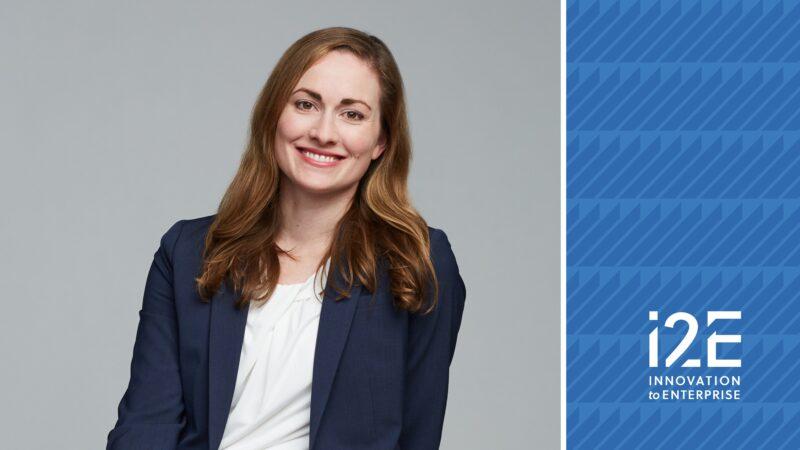By Sarah Terry-Cobo
Courtesy of The Journal Record
OKLAHOMA CITY – Justin Briggs is raising money for a technology startup company. But he has just one condition: He wants to stay in Oklahoma.
Briggs, the founder of Chorus Labs, is raising venture capital and seeking angel investors to fund his first Web app. He said he has had interest from out-of-state investors, but he isn’t interested in moving to California’s Silicon Valley or New York, even though that might make it easier to raise money.
“We want to build a company, and we prefer to do that here,” Briggs said. “One of the challenges for a tech-based business is educating investors there are opportunities (in Oklahoma). Typically they are used to investing in real estate and oil and gas.”
He’s looking to raise $1 million to $2 million for the app, called Baton. The program aims to streamline work flow for people who manage lots of tasks and projects. Rather than using different software applications for messaging, delegating tasks and setting deadlines, Briggs’ app brings it all into one place.
The target audience is small to medium-sized companies with between 50 and 100 employees, consultants, financial advisers or public relations firms that manage lots of projects. The next round of funding will help Briggs add features his existing clients have requested, as well as accommodate more clients.
He said he isn’t opposed to out-of-state investors. But venture capitalists often prefer to invest in companies nearby because it’s easier to hold board meetings. He’s hoping he can find willing investors through i2E, the state-funded nonprofit organization based in Presbyterian Research Foundation Park.
I2E President and CEO Scott Meacham said that is in part why i2E was founded – to offer mentoring and funding for bioscience and technology companies.
“Clearly, one of the issues we have in Oklahoma is how do we keep our companies and our technologies here?” Meacham said.
Meacham said that when an i2E angel investor funds a project, he or she can get a seat on the company’s board of directors. That helps anchor the bioscience and tech companies in the state, he said.
Meacham said that while bioscience companies require more money to get off the ground, they are often developing a specific treatment or therapy, which investors can understand. Technology companies need less cash, but selling a new software or application can be difficult because it can be hard to show a broader market for the software.
“Is it solving some problem they don’t already have some better way to solve?” he said. “Is it doing something so efficiently and effectively the ultimate customer will see enough benefit and value and quit something they are already using?”








